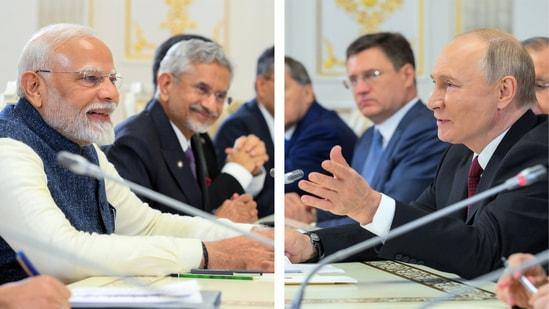Apple has removed a recent promotional video following backlash from Thai viewers who criticized it for presenting an outdated and unrealistic portrayal of the country.
The 10-minute clip, part of Apple’s “Apple at Work – The Underdogs” series, garnered over 5 million views after its release on July 18. It featured the series’ characters on a work trip to Thailand, using Apple products to solve a series of challenges.
But by Friday, the video was no longer available on Apple’s YouTube channel. An Apple spokesperson told CNN, “The film is no longer being aired. Our goal was to celebrate Thailand’s culture and optimism, but we apologize if we didn’t fully capture its modern vibrancy.”
The ad’s plot involves the characters navigating a bustling Thai city, hopping between trains and tuk-tuks, and dealing with a factory that must produce a large order of custom boxes. The video has been criticized for its portrayal of Thailand’s infrastructure, with many viewers arguing it showcased an outdated and faded version of the country.
David William, an American content creator living in Thailand, expressed his disappointment in a viral TikTok video. “The video made Thailand look like it was 50 years ago,” he said. “It doesn’t reflect the modernity of places like Suvarnabhumi Airport or the city’s luxury developments.”
Facebook user Nipawan Labbunruang echoed the sentiment, calling the video’s portrayal of Thailand “terrible” and questioning its accuracy.
Despite the criticism, some locals defended the video. Thai social media user Sakchawit Attasillekha acknowledged that while parts of Bangkok do have older elements, the city also boasts modern attractions. “There are old hotels and taxis, but we also have great things too,” he noted.
The Thai government had initially praised the video, with Prime Minister Srettha Thavisin’s spokesperson highlighting its potential to showcase Thailand on the global stage. However, prominent social activist Sombat Boonngamanong, while surprised by the uproar, described the video as “cute” and defended its portrayal.
The controversy underscores the challenge of accurately representing a country’s image while aiming for a broad appeal in global advertising.











